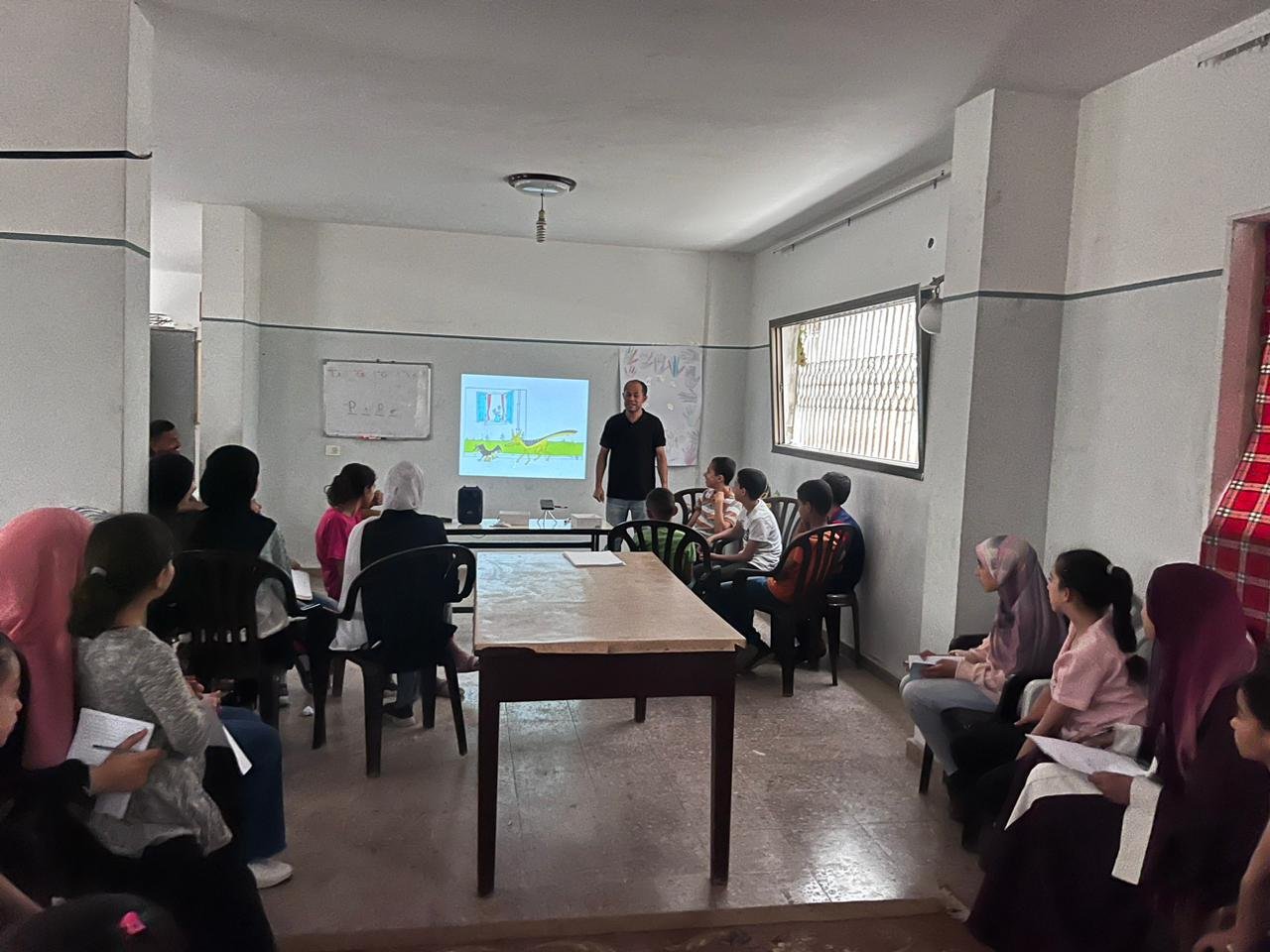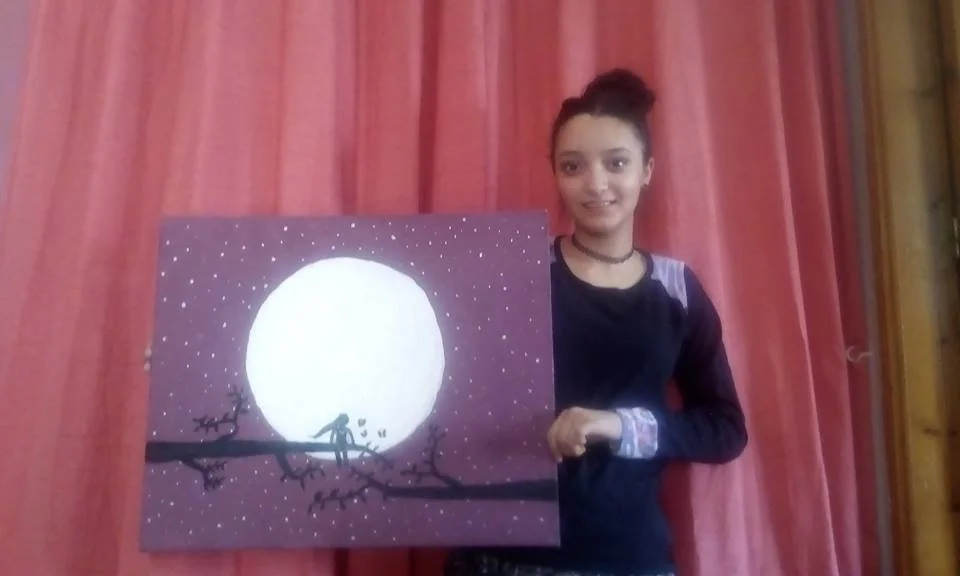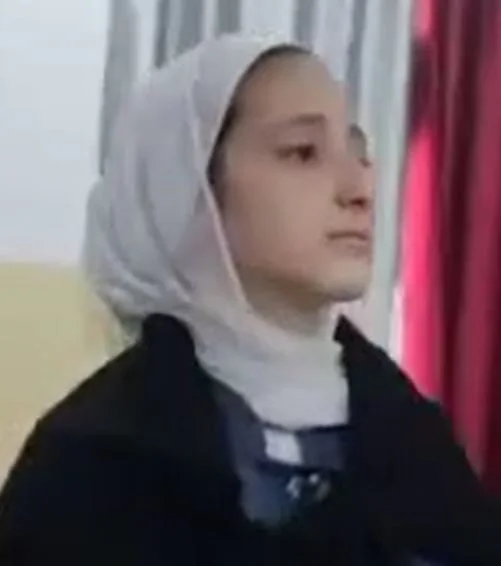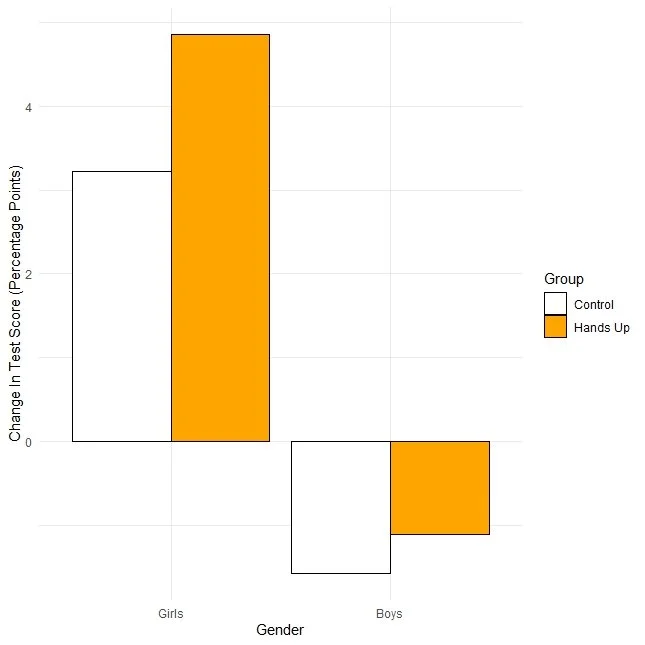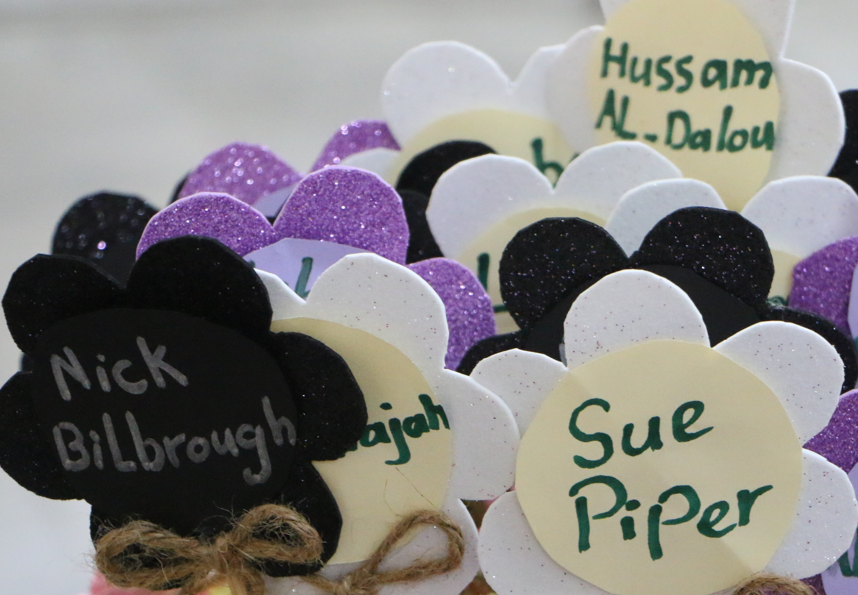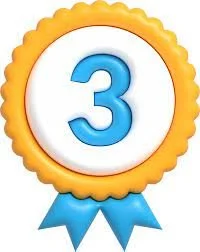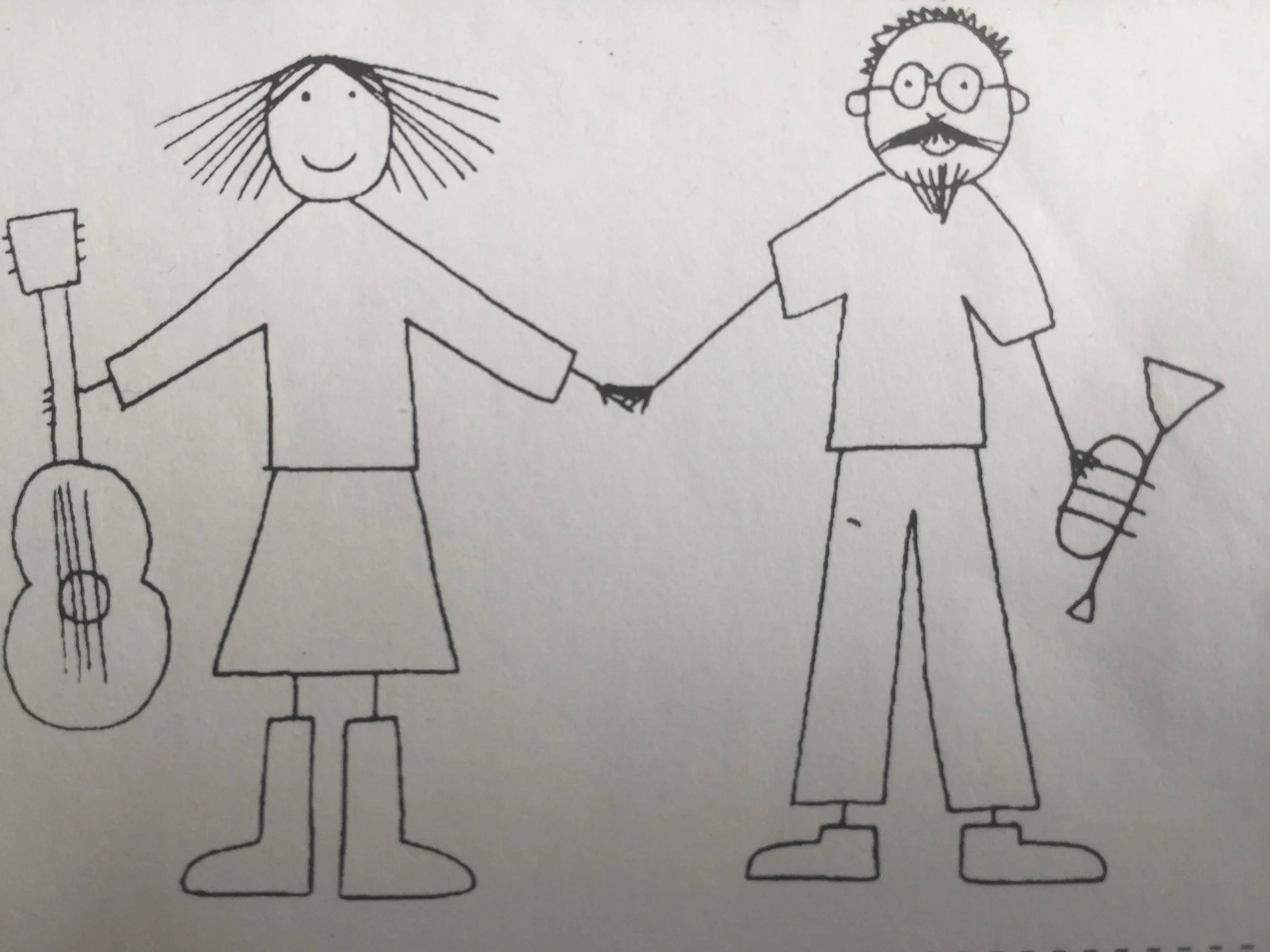I wrote the British Council Palestine publication - Stories Alive because I wanted to create something that could draw on the motivating and memorable value of stories, whilst at the same time activating areas of grammar and vocabulary from the Palestinian English curriculum.
I wrote the British Council Palestine publication - Stories Alive because I wanted to create something that could draw on the motivating and memorable value of stories, whilst at the same time activating areas of grammar and vocabulary from the Palestinian English curriculum.
I’m proud of the fact that it’s probably been used more than anything else I’ve ever written, and I’m especially proud of the great work that Ashraf is doing with it now by providing a makeshift school for local children in his own home.
Here are just a few of the activities conducted by Ashraf after telling the story of ‘Jackal and crow’ from the Stories Alive materials.
Read More
